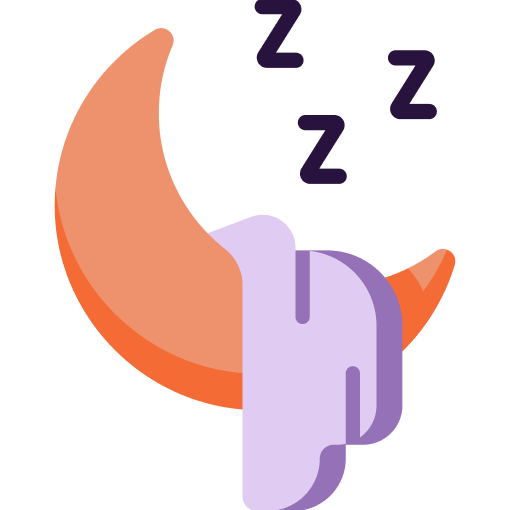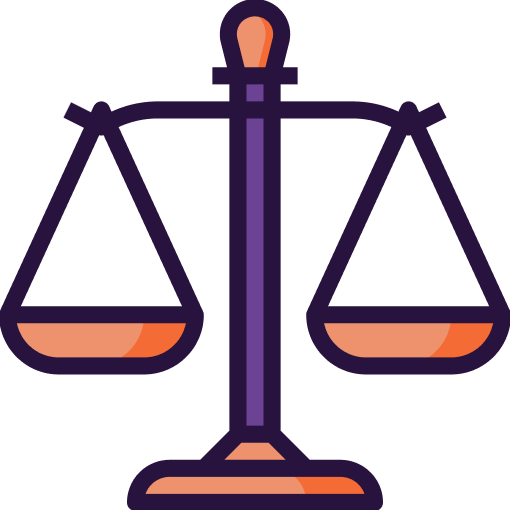Bipolar Disorder
Understanding, Treatment & Support
At Carley Counseling Services, we understand that living with bipolar disorder can feel overwhelming and disruptive, both for the individuals experiencing it and their loved ones. Whether you’ve recently received a diagnosis or have been managing the condition for years, we are here to help guide you on your path toward stability and emotional well-being.
What are Bipolar Disorder?
Bipolar disorder is a mental health condition characterized by significant shifts in mood, energy, and activity levels. These mood changes can range from periods of extreme highs, known as manic episodes, to periods of extreme lows, known as depressive episodes. The fluctuation between these two mood states is what gives the disorder its name—”bipolar,” meaning two poles of emotion.
Bipolar disorder is a lifelong condition, but with the right treatment and support, individuals can learn to manage symptoms, achieve stability, and lead fulfilling lives.
Types of Bipolar Disorder
There are different types of bipolar disorder, each with unique patterns of mood episodes:
Bipolar I Disorder
This type involves severe manic episodes that last for at least seven days or require hospitalization. Depressive episodes typically last at least two weeks. Some individuals with Bipolar I experience mixed episodes, where both manic and depressive symptoms occur simultaneously.
Bipolar II Disorder
In this type, individuals experience hypomanic episodes, which are less intense than full manic episodes. Hypomania still involves elevated mood and activity but does not cause the severe disruptions associated with mania. Bipolar II is often characterized by longer depressive episodes.
Cyclothymic Disorder (Cyclothymia)
This is a milder form of bipolar disorder, where individuals experience periods of hypomania and mild depression over a period of two years or more. While the symptoms are less severe, they can still interfere with daily life and functioning.
Other Types
Some individuals may experience bipolar symptoms that don’t fit neatly into the above categories. These may be related to medical conditions, substance use, or other mental health disorders.
Symptoms of Bipolar Disorder
Manic and Hypomanic Episodes
During a manic or hypomanic episode, individuals may experience:
- Unusually elevated mood or irritability
- Increased energy, activity, or restlessness
- Racing thoughts or rapid speech
- Decreased need for sleep
- Impulsive or risky behavior, such as spending sprees, uncharacteristic sexual behavior, or reckless decision-making
- Feelings of invincibility or grandiosity
- Difficulty concentrating or making decisions
Depressive Episodes
During a depressive episode, individuals may experience:
- Persistent feelings of sadness, hopelessness, or emptiness
- Fatigue or lack of energy
- Difficulty concentrating or making decisions
- Changes in sleep patterns, such as insomnia or excessive sleeping
- Changes in appetite or weight
- Loss of interest in previously enjoyable activities
- Feelings of worthlessness or guilt
- Thoughts of death or suicidal ideation
The Impact of Bipolar Disorder
The unpredictable mood swings of bipolar disorder can significantly impact an individual’s personal, professional, and social life. During manic episodes, people may make impulsive decisions that lead to financial problems, damaged relationships, or job loss. Depressive episodes can be debilitating, making it difficult to complete daily tasks, maintain relationships, or find joy in life.
Bipolar disorder also has a profound impact on the lives of loved ones, who may struggle to understand the mood changes and how best to offer support. However, with proper treatment and coping strategies, individuals with bipolar disorder can learn to manage their condition and live fulfilling lives.
Treatment for Bipolar Disorder
At Carley Counseling Services, we offer a compassionate and personalized approach to treating bipolar disorder, using evidence-based therapies tailored to your unique needs. Whether you’re experiencing the highs of mania or the lows of depression, our goal is to provide the tools and support necessary for achieving stability and emotional well-being.

IFS (Internal Family Systems)
IFS focuses on understanding the different “parts” within you, such as the ones that might trigger manic or depressive episodes. This therapy helps bring these parts into harmony, allowing your authentic Self to lead with compassion and clarity.

EMDR
EMDR is effective not only for trauma but also for managing the emotional and psychological stress that may trigger bipolar episodes. It helps reprocess painful memories and reduce emotional distress, contributing to greater stability.

DBT
DBT combines cognitive-behavioral techniques with mindfulness strategies. It helps individuals with bipolar disorder regulate their emotions, tolerate distress, and improve interpersonal effectiveness, which can be particularly helpful during mood swings.

CBT
CBT helps you recognize and challenge the negative thought patterns that often accompany both depressive and manic episodes. By reframing these thoughts, you can reduce the intensity of mood swings and gain more control over your behaviors.

ACT
ACT helps you accept difficult emotions and thoughts rather than trying to avoid them. This approach fosters psychological flexibility and encourages you to live in alignment with your values, even during mood fluctuations.
Medication Management
While we specialize in therapy, we understand the critical role medication can play in managing bipolar disorder. Many individuals benefit from medications such as mood stabilizers, antipsychotics, and antidepressants to regulate their mood cycles. We collaborate closely with psychiatrists and medical professionals to ensure you have a well-rounded treatment plan.
Lifestyle Changes and Self-Care
In addition to therapy, self-care and lifestyle adjustments can play a crucial role in managing personality disorders. Establishing healthy routines and habits can promote emotional well-being and stability. This includes:

Regular Sleep Patterns
Sleep disturbances can trigger both manic and depressive episodes. We help you establish a healthy sleep routine to reduce mood fluctuations.

Balanced Diet
Proper nutrition plays a role in mood regulation, and we encourage dietary habits that support mental health.

Exercise & Physical Activity
Regular exercise has been shown to boost mood and improve overall mental health.

Mindfulness Practices
Mindfulness techniques, such as meditation and breathing exercises, can help you stay grounded and present, reducing the intensity of mood swings.

Substance Avoidance
We emphasize the importance of avoiding substances like alcohol and drugs, which can exacerbate mood instability.
Education and Empowerment
At Carley Counseling Services, we believe that understanding your condition is key to managing it. We offer psychoeducation to help you understand the nature of bipolar disorder, how different treatments work, and how to recognize early signs of mood changes. By empowering you with knowledge, you can take proactive steps toward stability.
Take the First Step Toward Stability and Healing
Living with bipolar disorder can be challenging, but it is possible to lead a balanced and fulfilling life with the right support. At Carley Counseling Services, we are committed to helping you manage your symptoms and achieve emotional stability. Through our tailored therapy options and comprehensive care, we work with you to build a treatment plan that supports long-term well-being.
If you or a loved one is struggling with bipolar disorder, we’re here to help. Contact us today to schedule an appointment and take the first step on your journey to better mental health. Together, we can work towards finding balance and building the life you deserve.

